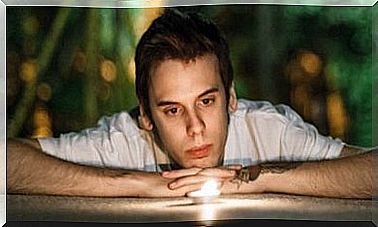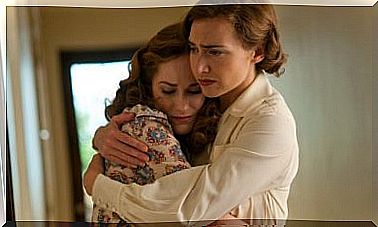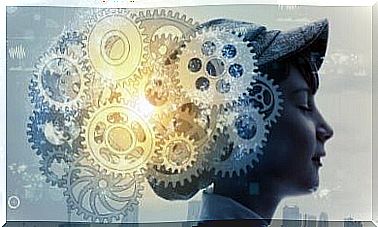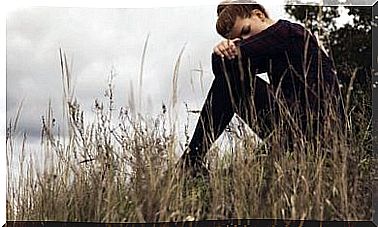5 Consequences Of Toxic Parenting
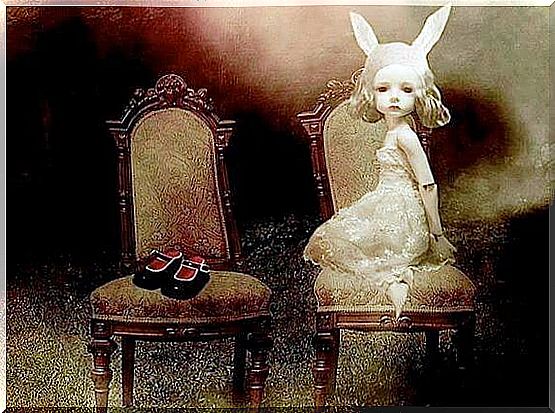
Childhood is the stage of life through which we begin to know the world, to develop ourselves and to manage what we live with. On the other hand, it is a period in which we are especially vulnerable and dependent.
This is true for both a positive and a negative childhood, and the later results are totally different. It is an advantage or a handicap that falls to us and, in a way, we have little to say about them.
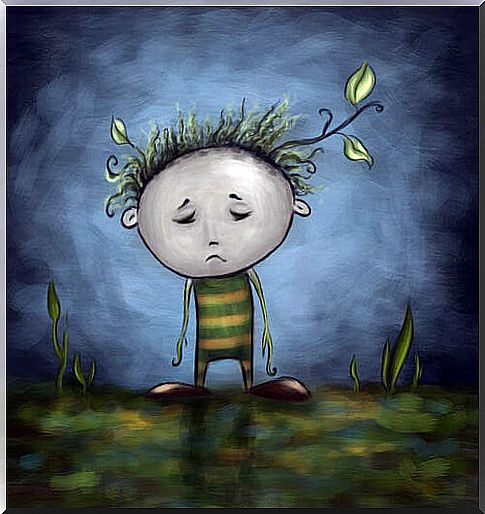
But, in reality, what are the most frequent consequences of having lived a toxic childhood? Let’s analyze it next …
1. Not having enjoyed childhood
This period, like the rest of those that make up our vital history, once we have passed it will not return. A toxic childhood translates into a usually sad, unhappy or complicated childhood.
Often, not having been able to live these years in a way that we would like fills us with resentment towards those people for whom we have very deep feelings. In other words, our childhood emotional bonds often survive, frequently, in a confrontation between love and resentment.
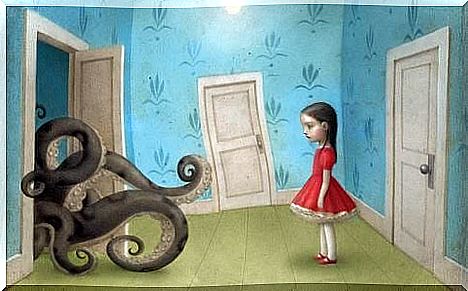
2. Not having learned to relate to others
The way we interact begins to develop in our early years. We learn how we have to express ourselves or how to handle silences to achieve effective communication.
In this sense, although the lack of skills is not something that we cannot fix over time, it reduces the development of our social and emotional potential. So let’s say that at some point we are likely to pay a heavy price for our clumsiness.
3. The management of the ego
Childhood toxicity does not only refer to lack of affection or to continually suffer the unjustified punishment of indifference. It also has to do with living with people who never recognize their mistakes or who overprotect the infant, preventing him from facing the mistakes he makes and projecting on him an image of invulnerability and perfection far from the one he will find later.
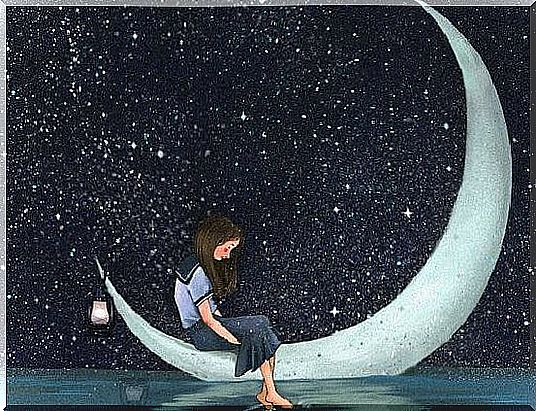
4. Emotional intelligence
Mathematics, language, languages … all these subjects (better or worse) are part of all academic plans. However, something as everyday and useful as managing our emotions is (or was) outside of any kind of systematic training.
Thus, a toxic childhood often has to do with having people of reference or closeness with underdeveloped emotional intelligence. This can be highly toxic in our childhood, making us fundamentally vulnerable.
5. The subsequent raising of children
The parenting style that we have lived will determine the script through which we want to direct the education of the children around us in our adult lives. Although it is true that on many occasions certain patterns or behavior are unconsciously repeated, the effort made to redirect our lives in a healthy way is much greater.

